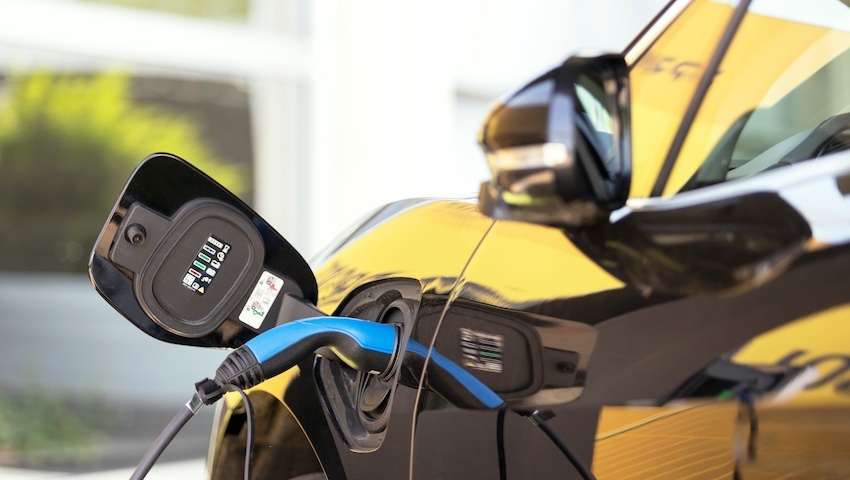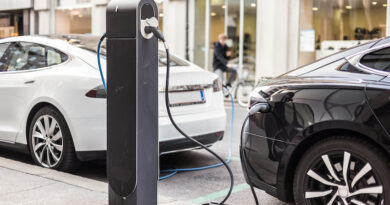Two-fifths of EV owners missing out on best charging rates
Over two-fifths of EV drivers are missing out on the best charging tariffs for their vehicles, according to new research from Delta-EE.
The survey of 1,169 EV owners undertaken by Delta-EE across eight European markets found that 42% are not using a dedicated home charging point to charge their car and are therefore losing out on the best charging tariffs.
It also revealed that less than 50% of people have a time-of-use tariff, enabling them to take advantage of cheaper overnight electricity prices. Additionally, just three in ten EV owners had a specific EV tariff with their energy provider.
Commenting on the research findings, William van der Byl, EV Charging Service Manager at Delta-EE, said: “At a time where the cost of fueling an average family car in the UK has soared to over £100, EV’s deliver huge running cost savings for EV drivers, despite their higher upfront cost. At an average cost of 190p per litre, a family could spend £104.50 to fill up the car and provide just 484 miles of range at 40 miles per gallon. However, for an equivalent EV and average battery size it would cost just £28 to fully charge the car. Scaling this up to £104.50 means that an EV car would be able to travel 1,079 miles for the same cost.
“Despite the incredible savings that can be made in running an EV versus an ICE car, many EV owners are still missing out on easy wins to get the cost of charging their cars even lower. For those with off street parking, installing a dedicated home charging point means that they can get better access to smart charging and cheaper overnight rates. It’s expected the push for managed charging will grow even more over the coming years as more vehicle-to-grid cars come onto the market.”
For those without a dedicated home charging point, almost a quarter (24%) indicated that they were planning to get one installed soon while 14% believe that there is no need as a regular electric socket is sufficient. The same number of people (14%) also stated that a dedicated charger was too expensive.
Despite supply chain issues, inflation and the cost of living, the sale of EVs across the EU jumped by over 53% during the first quarter of this year, while sales for diesel and petrol cars both saw continued declines.
Van der Byl added: “While dedicated EV chargers in homes will need to be rapidly scaled up in the coming years, for those that are reliant on public charging the cheapest tariffs may well be out of reach. The industry needs to ensure that those who cannot install a home charger are disadvantaged as little as possible. This means providing access to convenient and low-cost charging at places of work as well as cheap, overnight on-street charging.
“One quick win to make public charging more price competitive is to lower the electricity VAT rate to be in line with that of home electricity (i.e. reduce it from 20% to 5%). Another industry change to make public charging more convenient is to ensure interoperability amongst public chargepoints so an EV driver can access all public chargepoints in the UK with only one subscription/app/RFID card as is commonplace in Europe.”






